
Natalie Portman has long been a fixture of Hollywood, a performer whose career trajectory reads like a masterclass in cinematic evolution. From her breathtaking debut as a child actor to her recent triumphs racking up award nominations for films like ‘Jackie’ and ‘May December,’ and, of course, that coveted Best Actress Oscar for ‘Black Swan,’ her talent has consistently proven undeniable. Yet, amidst this glittering filmography, there exists a pivotal, galaxy-spanning chapter that undeniably reshaped her path: her integral role as Queen Padme Amidala in the ‘Star Wars’ prequel trilogy.
While her portrayal of Padme has ascended to iconic status in recent years, becoming beloved by a new generation of fans, its initial impact on Portman’s professional and personal life was far more complex and, at times, profoundly challenging. The lessons learned during her time in that galaxy far, far away would not merely inform her career choices but fundamentally alter her perception of fame, industry expectations, and her own artistic identity for decades to come.
This is not simply a chronicle of her time battling Sith Lords and navigating intergalactic politics; it’s an exploration of how the ‘Star Wars’ phenomenon, for better or worse, served as an unforgiving crucible, forging the multifaceted artist, academic, and advocate we know today. We delve into the immediate aftermath, the unforeseen hurdles, and the strategic pivots that mark the distinct chapters of Natalie Portman’s life post-Padme.
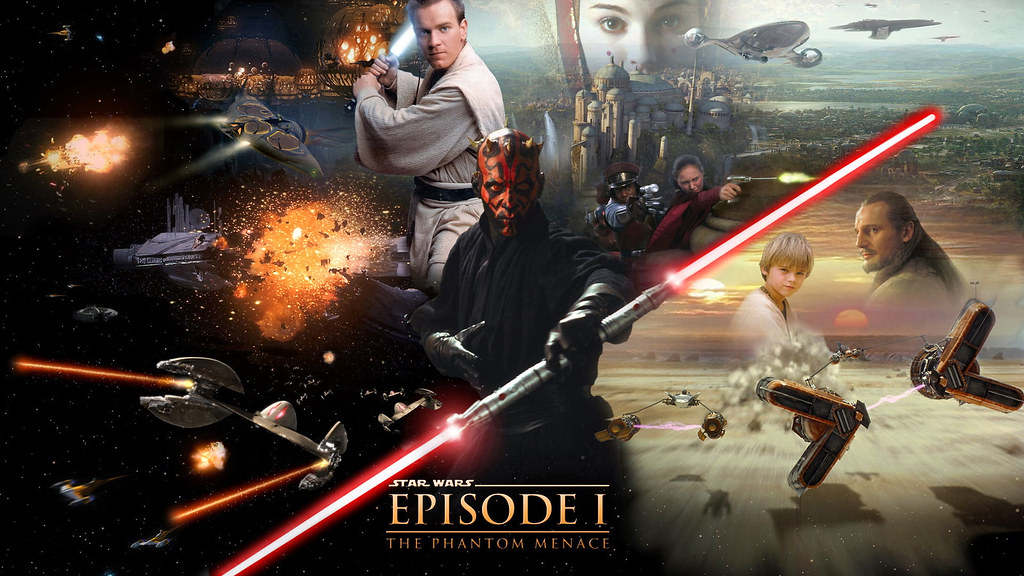
1. **Skyrocketing to Fame While Still in High School**Stepping into Padme Amidala’s regal gowns was an experience that catapulted Natalie Portman into a new stratosphere of global recognition, especially considering her tender age. At just 18 when she was cast in ‘Star Wars: Episode 1,’ Portman was still relatively new to the sheer magnitude of the industry, having made her screen debut at age 12 in ‘Léon: The Professional.’ George Lucas famously chose her for her ability to balance Padme’s inherent regality with a compelling vulnerability, a trait he likened to Carrie Fisher’s portrayal of Princess Leia.
Despite the franchise’s indelible spot in the cultural lexicon, Portman had not actually seen the original ‘Star Wars’ films prior to her casting as the future mother of Luke and Leia. This lack of prior exposure meant she was somewhat unaware of just how monumental the films truly were. This became hilariously evident when she prioritized her final exams over attending the U.S. premiere of ‘The Phantom Menace,’ a commitment to academic life that few A-listers would dare. She made up for it later by wearing her U.K. premiere dress to her own prom, a delightful touch of celebrity meets normalcy.
However, the casualness quickly gave way to the overwhelming reality of her new status. The young actress admitted years later how utterly overwhelmed she was by the ‘Star Wars’ spectacle as a teenager, telling CNN, “It’s really different from being in other kinds of films. It’s huge. It’s everywhere you go.” This immediate, all-encompassing fame, experienced during her formative high school years, set an unprecedented benchmark for her understanding of public life and profoundly shaped her approach to celebrity moving forward.
Read more about: From Red Carpets to Graduation Caps: 14 Celebrities Who Earned Their College Degrees After Finding Fame
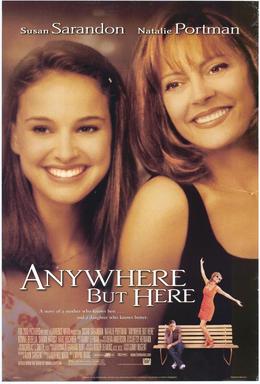
2. **Balancing an Acting Career with Harvard**Being one of the most famous teenage actors on the planet could have easily derailed any ambitions for a ‘normal’ young adulthood, but Natalie Portman was determined. After graduating high school in the same year ‘The Phantom Menace’ premiered, she made a resolute decision to pursue higher education, enrolling in Harvard University just a year later. This commitment showcased an intellectual drive that would become as much a part of her public identity as her acting prowess.
Despite her rising stardom, Portman strategically continued to work during her summer breaks from Harvard. These periods saw her diversifying her portfolio, starring in films like ‘Anywhere But Here’ and gracing the Broadway stage in a production of Chekov’s ‘The Seagull,’ where she shared the stage with luminaries like Meryl Streep and Philip Seymour Hoffman. This period was a testament to her dedication, proving she could juggle intense academic rigor with demanding artistic pursuits.
Yet, attending an Ivy League school while simultaneously starring in one of the biggest film franchises ever was not without its unique pressures. Portman openly confessed to Vanity Fair, “I felt like I had to prove myself more [at Harvard]… I felt that people always thought I was there because I was famous and not because I deserved to be there.” This desire to validate her intellectual capabilities independently of her fame underscored a profound personal integrity. She even notably told the press that she would rather give up her acting career than drop out of college, illustrating the depth of her commitment. This balancing act, where she filmed ‘Star Wars: Episode II — Attack of the Clones’ during a Harvard summer off, was “definitely a big commitment to make,” as she told the BBC, but ultimately an “incredible part of my life.”
Read more about: From Little Legends to Powerhouse Performers: The Iconic Child Stars Who Became Hollywood’s Awesome Character Actors

3. **Smaller Films Offered More Variety**The sprawling, CGI-heavy universe of ‘Star Wars’ was an undeniable artistic and commercial juggernaut, yet during her tenure in the prequels, Natalie Portman actively sought out projects that offered a stark contrast to its colossal scale. Her time at Harvard was punctuated by numerous film projects, many of which operated on budgets significantly lower than those commanded by Lucasfilm, allowing her to explore a wider variety of storytelling and character work.
In 2004, Portman eagerly signed onto Zach Braff’s directorial debut, ‘Garden State.’ She took on the role of Sam, a quirky and enchanting young woman who brings light to a depressed loner, a character and narrative world away from Padme Amidala. Portman expressed her enthusiasm for joining ‘Garden State’ precisely for the opportunity to do something “quite different from her experience on the special effects-heavy ‘Star Wars’ sets,” highlighting a conscious effort to diversify her artistic palate.
That same year marked another significant turn with Mike Nichols’ ‘Closer,’ a role that earned Portman her first Oscar nomination and a Golden Globe win. Playing a stripper who falls for a writer, this film pushed her into much more adult territory, moving beyond the family-friendly confines of ‘Star Wars’ – indeed, she even performed undressed in deleted scenes. The media narrative that ‘Closer’ was her ‘breakthrough role’ spoke volumes about the contemporary industry’s perception of the prequel films, a perception Portman wryly noted. As she told The Guardian, “People say this is my introduction to adult roles — it sounds so funny,” signaling her awareness of the ironic contrast between her massive ‘Star Wars’ visibility and the industry’s selective memory.
Read more about: Performance Over Perception: 10 Cars That Don’t Deserve Their Bad Reputations
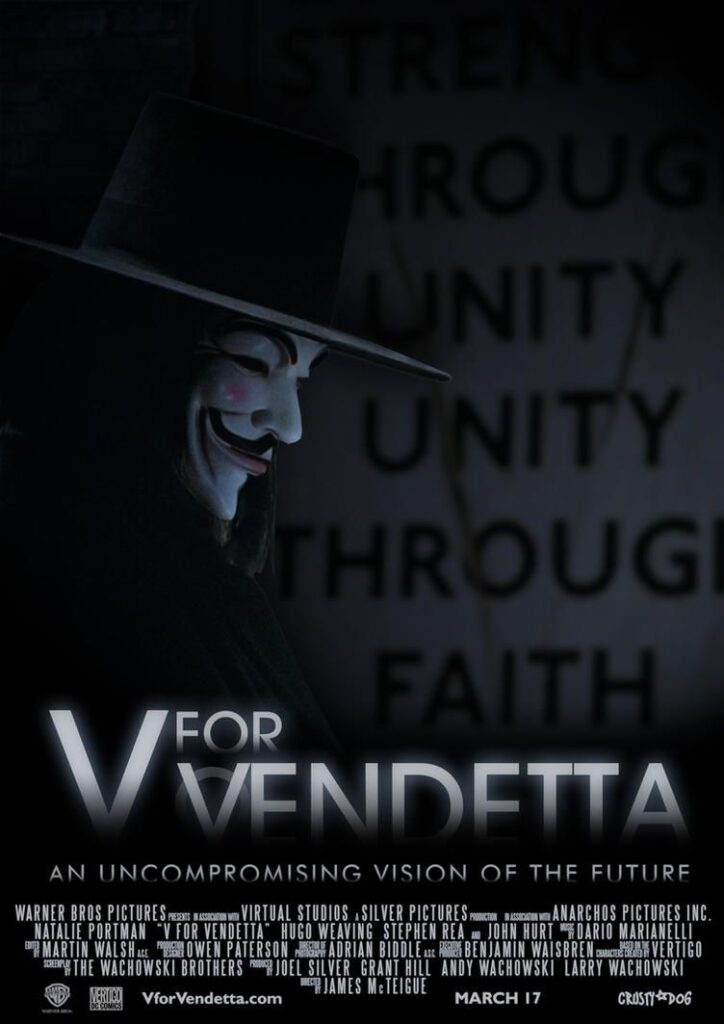
4. **Meeting ‘V for Vendetta’s’ Director on the ‘Star Wars’ Set**Among the unexpected dividends of her immersive ‘Star Wars’ experience was the opportunity to forge connections with future collaborators, a crucial element in navigating the post-prequel landscape. One such connection was made with James McTeigue, who served as an assistant director on ‘Attack of the Clones.’ It was on the vast sets of that galactic epic that McTeigue first took note of Portman’s talent, a serendipitous encounter that would later blossom into one of her most defining post-Padme roles.
This early observation directly led to Portman’s casting in ‘V for Vendetta,’ the acclaimed 2006 film adaptation of Alan Moore and David Lloyd’s seminal comic. In this dystopian thriller, she embodied Evey Hammond, a woman drawn into a futuristic revolution against an oppressive British government. McTeigue, making his directorial debut with ‘V for Vendetta,’ had no doubt about Portman’s suitability for the complex character. He praised her from their ‘Star Wars’ days, stating (via Warner Bros), “She’s completely professional, and looks luminous… more than anything, her fearlessness and intelligence were perfect for the role.”
Portman’s commitment to the role of Evey was absolute, showcasing a profound dedication to her craft that went far beyond mere performance. In one particularly harrowing scene, Evey is tortured and her head is shaved, a moment Portman insisted be filmed authentically on camera. Her motivation was deeply personal: she wanted to truly “feel the humiliation that the character feels.” This level of brave immersion was not only lauded but vividly displayed when Portman later attended the premiere of ‘Revenge of the Sith’ still boldly sporting her shaved head, a powerful, unspoken statement about her artistic evolution.
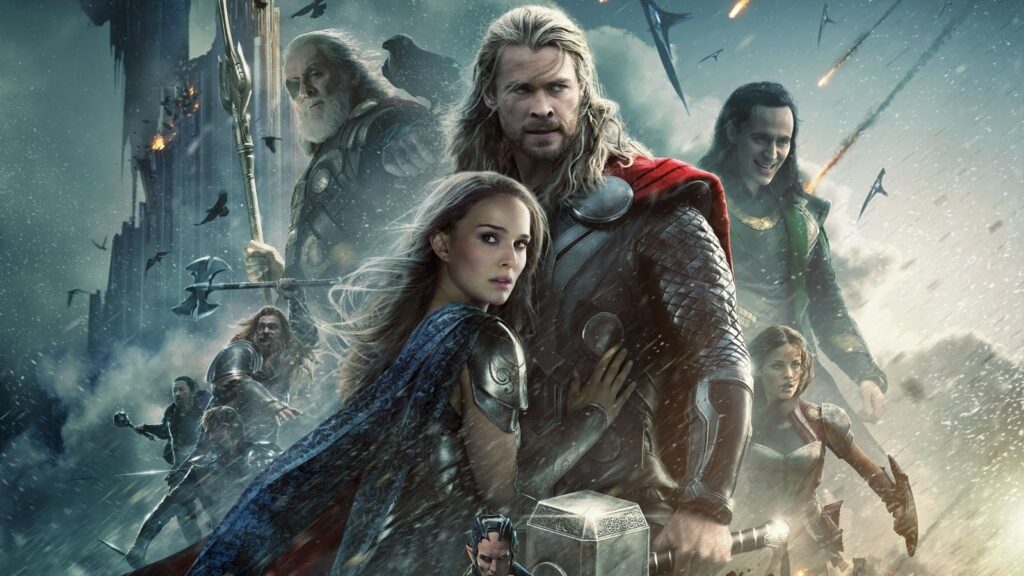
5. **Struggling with the Backlash to the Prequels**It is an undeniable truth that upon their initial release, the ‘Star Wars’ prequels were far from the universally adored sagas they have since become. The critical backlash to ‘The Phantom Menace,’ in particular, was overwhelming, leaving a lasting mark on many involved. Actors like Ahmed Best (Jar Jar Binks) and Jake Lloyd (Anakin Skywalker) bore the brunt of intense public vitriol, leading to significant mental health challenges and career repercussions that underscore the harsh realities of celebrity.
While Natalie Portman’s career demonstrably continued to flourish beyond the prequels, she candidly admitted that the torrent of criticism deeply affected her. She found herself grappling with the disappointment of being part of something so highly anticipated that, in many eyes, “ended up letting people down.” This early, bruising encounter with widespread negative reception, however, served as an invaluable, albeit painful, lesson in resilience, preparing her for similar experiences later in her career, such as with her second Marvel Cinematic Universe outing, ‘Thor: The Dark World.’
Reflecting on these experiences, Portman shared with Variety, “I mean, I had it with [‘Léon: The Professional’] too. That and ‘Star Wars’ are two examples of things that when they came out, I was like, ‘Oh, my God, this is a disaster.’ And then 20 years later … it’s beloved.” This insight highlights the fickle nature of public opinion and the “value of delayed gratification.” Indeed, time has been kind to the prequels, with many fans not only coming around but a surprising percentage now considering them the best of the three trilogies, a vindicating reassessment for the actors involved.
Read more about: After the Spotlight Fades: 14 Actors Whose Defining Roles Led to Unexpected Career Setbacks

6. **No One Wanted to Hire Her After Star Wars**The immediate aftermath of the ‘Star Wars’ prequel releases proved to be a surprisingly barren landscape for Natalie Portman’s career prospects, despite her starring in what was, for its time, “the biggest-grossing movie of the decade.” The widespread critical disdain for the prequels, often focused on perceived wooden performances and poor direction, created a significant hurdle. Directors, unfortunately, became reluctant to cast her, forcing Portman to rely on the invaluable connections she had cultivated earlier in her career.
During this challenging period, one figure stood out as a beacon of support: the late, legendary director Mike Nichols. Portman had initially met Nichols when he directed her in a Broadway production of ‘The Seagull,’ an experience that allowed her to showcase a depth and nuance largely absent from the ‘Star Wars’ criticisms. This play, away from the green screens and grand pronouncements of a galactic queen, gave her the opportunity to prove to audiences and, crucially, to the industry, that she was a serious and capable actor.
Portman recounted the severity of her professional drought to New York magazine, stating, “I was in the biggest-grossing movie of the decade, and no director wanted to work with me.” It was Nichols, with his unwavering belief in her talent, who stepped in to champion her. He famously “wrote a letter to Anthony Minghella and said, ‘Put her in [‘Cold Mountain’], I vouch for her,'” a pivotal intervention that helped open doors when they seemed firmly shut. This crucial endorsement from a respected industry titan underscored the difficulty of the situation but also highlighted the power of mentorship.
Eventually, through a network of supportive directors and her own persistent pursuit of diverse roles, films like ‘Garden State’ and ‘V for Vendetta’ emerged. These projects were instrumental in allowing Portman to “rehabilitate her image as a serious actor.” However, the sting of the prequel criticism lingered, with accusations of her lacking talent occasionally resurfacing even after she had earned a Best Actress Oscar for ‘Black Swan,’ a testament to the long shadow cast by that galaxy far, far away.
Read more about: Last Bow Lasting Impact: 15 Hollywood Legends Whose Final Roles Stunned Audiences – A BuzzFeed Look
7. **Concerns About Ramifications for Future Opportunities**Even as she initially stepped into the monumental role of Queen Padme Amidala, Natalie Portman harbored a prescient understanding of the unique professional tightrope she was walking. Her apprehension was not merely about the performance itself, but about the long-term ramifications of joining a franchise of such unparalleled cultural weight. This concern, expressed in a recent interview for the 25th anniversary of ‘The Phantom Menace,’ reveals an early awareness of the potential pitfalls of typecasting.
Portman explicitly articulated her worry, stating, “I was worried about doing it, that I wouldn’t be able to do anything else after, because the series carries such a mythology in American life.” This insight speaks to the pervasive nature of the ‘Star Wars’ universe, a saga so ingrained in global consciousness that it could easily overshadow any other roles an actor might take on. Yet, in a characteristic display of her discerning intellect, she immediately recognized the inverse truth: “But that was precisely why it was such an incredible opportunity.”
This paradoxical understanding—that the very thing capable of trapping her in a single character could also launch her to unforeseen heights—forced Portman to be incredibly strategic in her career choices following the prequel trilogy. It instilled in her a proactive approach to seeking out diverse, challenging roles that would actively push against the ‘Padme’ mold and redefine her artistic boundaries. The experience underscored the need for thoughtful curation in a career that could otherwise be swallowed whole by a single, colossal phenomenon.
Ultimately, Portman reflected on her ‘Star Wars’ tenure with a nuanced perspective, recognizing its transformative power. She concluded that, despite the initial worries and subsequent professional hurdles, the franchise “bridged my career from a child to an adult.” This definitive statement encapsulates how, for all its complexities, ‘Star Wars’ served as an essential, albeit tumultuous, rite of passage, shaping her into the resilient, multifaceted, and deeply discerning actor she is today.
Read more about: A Grave Reckoning: The Complex Cases of Newborn Abandonment and Murder Across the Nation
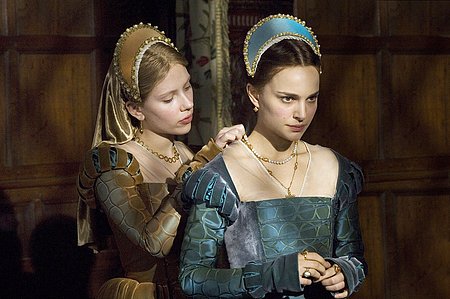
8. **Thor Offered a Different Blockbuster Experience**As the 2010s unfolded, Natalie Portman’s career continued its upward trajectory, marked by critically acclaimed performances in films like ‘The Other Boleyn Girl,’ ‘Brothers,’ and her Oscar-winning turn in ‘Black Swan.’ However, in 2011, she made a significant return to the sci-fi/fantasy genre, albeit in a vastly different capacity: joining the nascent Marvel Cinematic Universe as astrophysicist Jane Foster in ‘Thor.’ This role presented a fascinating counterpoint to her ‘Star Wars’ legacy, moving from a queen to a scientist who encounters an exiled Asgardian.
The role of Jane Foster was a deliberate departure from her previous blockbuster experience. While some actors might have hesitated to re-enter a massive franchise after the complexities of the ‘Star Wars’ prequels, Portman was drawn to ‘Thor’ for specific reasons. The involvement of acclaimed director Kenneth Branagh was a major factor, as was the chance to portray a character far more grounded and relatable than the regal Padme Amidala. It was an opportunity to engage with a different kind of cinematic storytelling, one that combined epic scope with nuanced character development.
Portman saw Jane Foster as an exciting chance to challenge conventional female roles in big-budget films. As she told The Los Angeles Times, she relished the prospect of presenting “a woman as a scientist” in a widely seen movie. This focus on intellect and professional capability, rather than simply being a love interest, appealed deeply to her. It was a proactive choice to diversify her roles and make a statement about the representation of women in genre cinema, proving her commitment to meaningful characters even within the blockbuster space.
Her journey with the character extended beyond the first film, as Portman reprised the role in ‘Thor: The Dark World’ in 2014. More significantly, she returned in ‘Thor: Love and Thunder’ in 2022, where Jane Foster temporarily wielded Mjolnir and became The Mighty Thor. This later appearance required a physical transformation, with Portman having to build muscle, a stark contrast to the petite and thin physique often expected of her in earlier roles. It highlighted her adaptability and willingness to fully embody her characters, evolving her craft both physically and dramatically within the superhero genre.
Read more about: 14 Essential Arnold Schwarzenegger Films: From Cyborgs to Bodybuilders, Ranked!
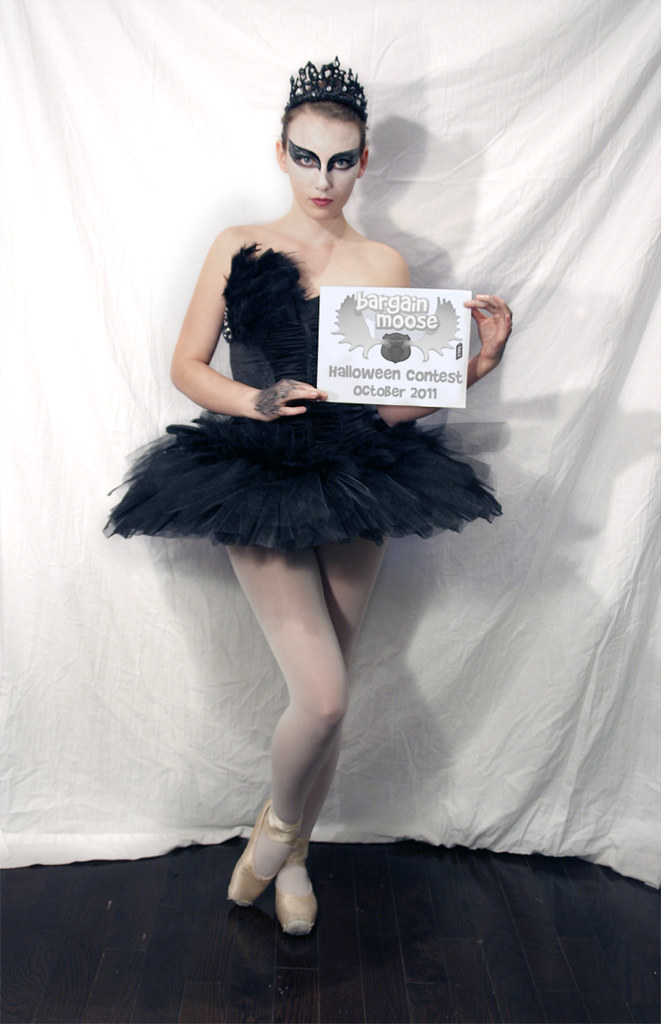
9. **Navigating Motherhood and the Prequel Legacy**Beyond her demanding acting career and Harvard education, Natalie Portman also built a personal life, meeting her future husband, Benjamin Millepied, during the production of ‘Black Swan.’ The couple went on to have two children, and this new chapter of motherhood brought with it unique considerations, especially regarding her iconic past in the ‘Star Wars’ universe. The experience of portraying Padme Amidala, a character who became a mother in a galaxy far, far away, offered Portman unexpected insights into how she wanted to approach her own children’s engagement with the franchise.
Despite her deep pride in the ‘Star Wars’ prequels and their enduring cultural impact, Portman made a conscious decision to shield her children, at least for a time, from her performances in them. Her oldest son had seen the sequel trilogy, but she purposely kept both her children from viewing the prequels. This wasn’t a reflection of shame, but a thoughtful choice rooted in a desire for her kids to see her as more than just Padme Amidala, allowing them to form their own independent perceptions of their mother.
There was also a very specific, and quite understandable, reason behind her reluctance to introduce them to the prequels too soon. As Portman humorously recounted on “Jimmy Kimmel Live!,” she initially thought, “When I made it, I was like, ‘This is going to be the coolest thing. One day when I have kids, I can show them.'” However, a crucial realization quickly shifted her perspective: “[But] I realized, I die in the movies. I feel like it’s kind of a scary thing to show your kid.”
This maternal concern highlighted the delicate balance between her professional legacy and her role as a parent. For the time being, Portman chose to wait until her children were old enough to fully grasp the concept of suspension of disbelief before introducing them to Padme Amidala’s tragic fate. It’s a testament to her thoughtfulness, showing how her experiences in ‘Star Wars’ continued to influence her personal decisions, even years later, as she navigated the joys and complexities of raising a family in the shadow of a beloved, yet challenging, cinematic history.
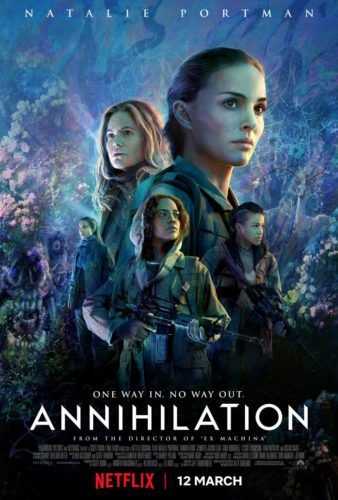
10. **Annihilation: A Different Kind of Sci-Fi Connection**In recent years, Natalie Portman has continued to explore the sci-fi genre, albeit in projects that diverge significantly from the grand, space-opera scale of ‘Star Wars.’ One such film was Alex Garland’s thought-provoking 2018 thriller, ‘Annihilation.’ In this cerebral and visually stunning movie, Portman delivered a powerful performance as a cellular biologist who embarks on a perilous expedition with an all-female team of scientists into a mysterious, anomalous zone created by a meteor. It was a role that leveraged her intelligence and gravitas in a more serious and introspective scientific narrative.
Interestingly, ‘Annihilation’ brought an unexpected “Star Wars” connection into Portman’s orbit through her on-screen husband, played by Oscar Isaac. At the time of filming, Isaac was deeply immersed in his own ‘Star Wars’ journey, portraying Poe Dameron in the sequel trilogy. This synchronicity between their roles was not lost on the two actors, and it sparked a unique opportunity for Portman to revisit, if only tangentially, the universe that had so profoundly shaped her career.
The door for a more direct return to the ‘Star Wars’ universe remains open, at least from Portman’s perspective. The actress has candidly admitted her openness to reprising a role or exploring a new character within the franchise, should the opportunity arise. While she has yet to be approached by those furthering the saga’s future, her willingness demonstrates an evolved perspective on her past involvement, perhaps reflecting the “value of delayed gratification” she learned from the initial prequel backlash.

11. **Collaborators Forgetting Her Star Wars Past**Such is the passage of time and the breadth of Natalie Portman’s career that her involvement in the ‘Star Wars’ prequels has, remarkably, even slipped the minds of some of her closest collaborators. One particularly amusing anecdote comes from Taika Waititi, the acclaimed actor-director with whom Portman joined forces on ‘Thor: Love and Thunder.’ Waititi, known for his distinctive comedic style, was resolute in his desire to include Portman in the ‘Thor: Ragnarok’ sequel, where she would powerfully return as The Mighty Thor.
The collaboration on ‘Thor: Love and Thunder’ was a testament to Portman’s versatility and appeal, yet it also highlighted the surprising disconnect some have with her extensive filmography. Waititi, who is also known to be working on his own “Star Wars” project, once had a conversation with Portman about future work. When Portman expressed interest in collaborating again, Waititi, completely forgetting her iconic past, asked her, “I said ‘I’m trying to work on a ‘Star Wars’ thing. Have you ever wanted to be in a ‘Star Wars’ movie?'”
Portman’s response, a matter-of-fact, “She said, ‘I’ve been in ‘Star Wars’ movies,'” left Waititi sheepishly admitting, “I forgot about those ones.” This delightful exchange underscores just how much Portman has transcended her Padme Amidala role. It speaks volumes about her ability to carve out a diverse and impactful career that allows new generations of filmmakers to see her as a fresh talent, rather than solely through the lens of a two-decade-old franchise.
While Waititi’s “Star Wars” movie may or may not come to fruition and likely won’t involve Portman due to this oversight, the possibility of her returning to the franchise in a new capacity still exists. Her ‘The Phantom Menace’ co-star Ahmed Best, who played Jar Jar Binks, recently returned to the franchise as Jedi Kelleran Baq in ‘The Mandalorian.’ This precedent provides a glimmer of hope that Portman too could have a non-Padme future in that beloved galaxy, perhaps even surprising future collaborators once more.
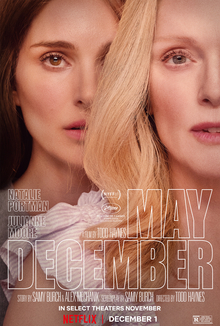
12. **Child Acting and Hollywood’s Ethical Dilemmas**In 2023, Natalie Portman’s role in the drama ‘May December’ ignited significant public discourse, resonating deeply with her own experiences as a child actor. In the film, she portrays an actress researching the life of Elizabeth, whose controversial relationship began when her husband, Joe, was a teenager. This Netflix movie, inspired by a real-life scandal, sparked widespread conversations about the ethics of child treatment in Hollywood and the potential exploitation of trauma, topics that Portman has intimately grappled with throughout her career.
Having risen to prominence as a teenager in the ‘Star Wars’ prequels, Portman possesses a unique, bittersweet perspective on the morality of child labor within the entertainment industry. She openly shared her sentiments with Variety, stating, “I feel it was almost an accident of luck that I was not harmed, also combined with very overprotective, wonderful parents.” Her personal journey, while largely positive due to strong parental guidance, has made her keenly aware of the inherent risks.
Portman’s concerns are not theoretical; she has “heard too many bad stories to think that any children should be part of it.” This strong stance highlights a profound understanding of the vulnerabilities young performers face. It underscores her appreciation for having navigated the complex and often treacherous waters of child stardom, particularly within the massive, intensely scrutinized “Star Wars” franchise, relatively unscathed.
Her reflections in ‘May December’ and subsequent interviews serve as a powerful commentary on an often-overlooked aspect of Hollywood. They reinforce the idea that no actor, regardless of their early success, should be defined by a single performance, especially when they are still developing and growing. Portman’s insights offer a vital perspective on safeguarding the well-being of the youngest talents in an industry that can be both exhilarating and profoundly challenging.
Read more about: Kathryn: A Name Forged in Purity, Echoing Through Illustrious Careers and Enduring Legacies
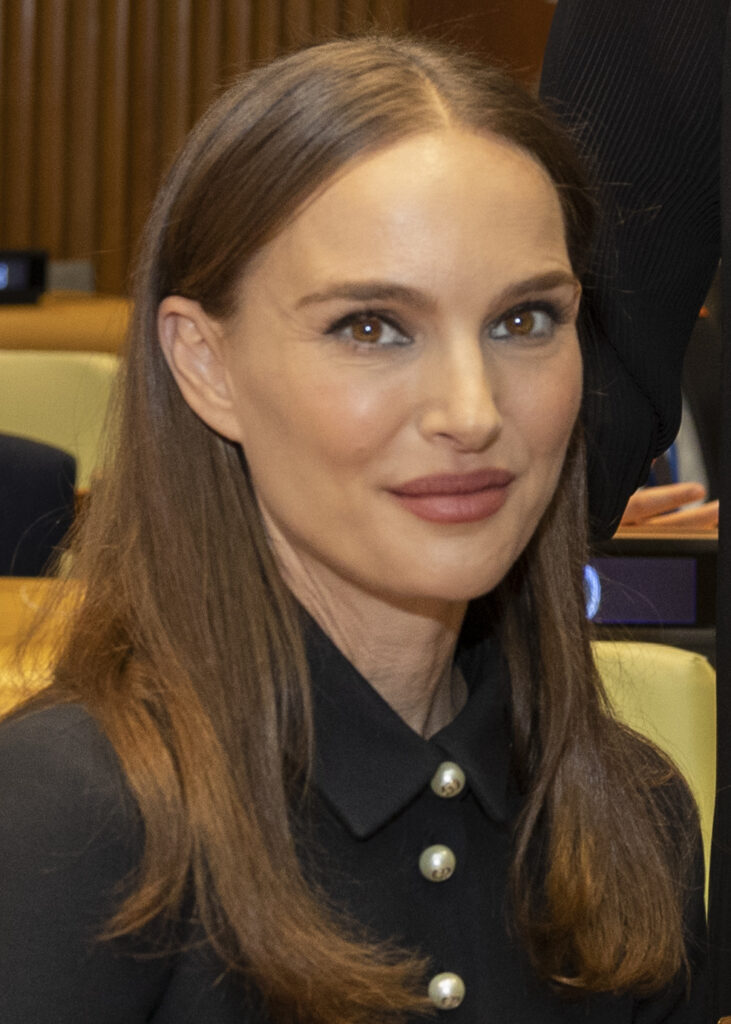
13. **Advocacy for Women’s Rights and Social Justice Beyond Acting**As Natalie Portman’s illustrious acting career continued to flourish, she recognized that her platform extended far beyond the confines of cinematic storytelling. With a profound understanding of her influence, she consciously transitioned from being solely a talented actress to becoming a dedicated and impactful advocate for a range of meaningful causes. This evolution marked a significant shift in her public persona, demonstrating a deep commitment to making a positive difference in the world.
Her dedication to making a difference was deeply intertwined with her intellectual pursuits. While her academic journey at Harvard University was covered earlier, it’s crucial to acknowledge how her degree in psychology provided her with a foundational understanding of human behavior, enriching her evolving advocacy work. This comprehensive education equipped her to approach complex social issues with both passion and informed insight.
A cornerstone of Portman’s advocacy has been her unwavering commitment to women’s rights and gender equality. She has emerged as a powerful and outspoken voice, addressing critical issues such as the pervasive gender pay gap, the lack of representation for women in leadership and creative roles, and the systemic discrimination prevalent across various industries, including Hollywood itself. Her involvement is not merely symbolic; she actively engages in initiatives and campaigns designed to empower women and challenge entrenched societal norms.
One particularly notable instance of her advocacy was at the 2018 Golden Globe Awards, where she made headlines for boldly highlighting the gender pay disparity in Hollywood. By pointedly emphasizing the inequality in earnings between male and female actors, she catalyzed vital discussions and actions aimed at rectifying this long-standing injustice within the film industry and beyond. Her call to action served as a potent reminder of the power of celebrity to drive tangible change.
Beyond women’s rights, Natalie Portman has extended her humanitarian efforts to encompass a broader spectrum of social justice issues. Her commitment to addressing systemic problems such as racism, poverty, and inequality showcases a holistic approach to fostering a fairer and more equitable society. She actively collaborates with humanitarian organizations, dedicating her time and resources to causes ranging from poverty alleviation and disaster relief to improving access to healthcare and promoting education for marginalized communities, reflecting a global conscience that transcends her professional sphere.
Portman’s advocacy work has resonated globally, extending her influence far beyond the Hollywood bubble to diverse cultures and communities. Her voice and actions have consistently proven to be powerful catalysts for change, inspiring movements, stimulating crucial conversations, and challenging the status quo. The profound impact of her dedication is evident not only in policy shifts but also in a growing public consciousness, showcasing how one individual’s unwavering commitment can leave an indelible mark on the world.
Read more about: Beyond the Screen: Celebrating Iconic Actresses Who’ve Shared Their LGBTQ+ Truths
From navigating the unexpected turbulence of galactic fame to strategically crafting a career that defied typecasting, Natalie Portman’s journey post-‘Star Wars’ has been nothing short of extraordinary. It’s a testament to an artist’s resilience, an academic’s relentless pursuit of knowledge, and an activist’s unwavering moral compass. The prequels, initially a challenging crucible, ultimately forged a multifaceted talent who not only excels on screen but also powerfully uses her voice to champion justice and equality, proving that even a role in a galaxy far, far away can profoundly shape a star for the better, making her an enduring icon far beyond the silver screen.




